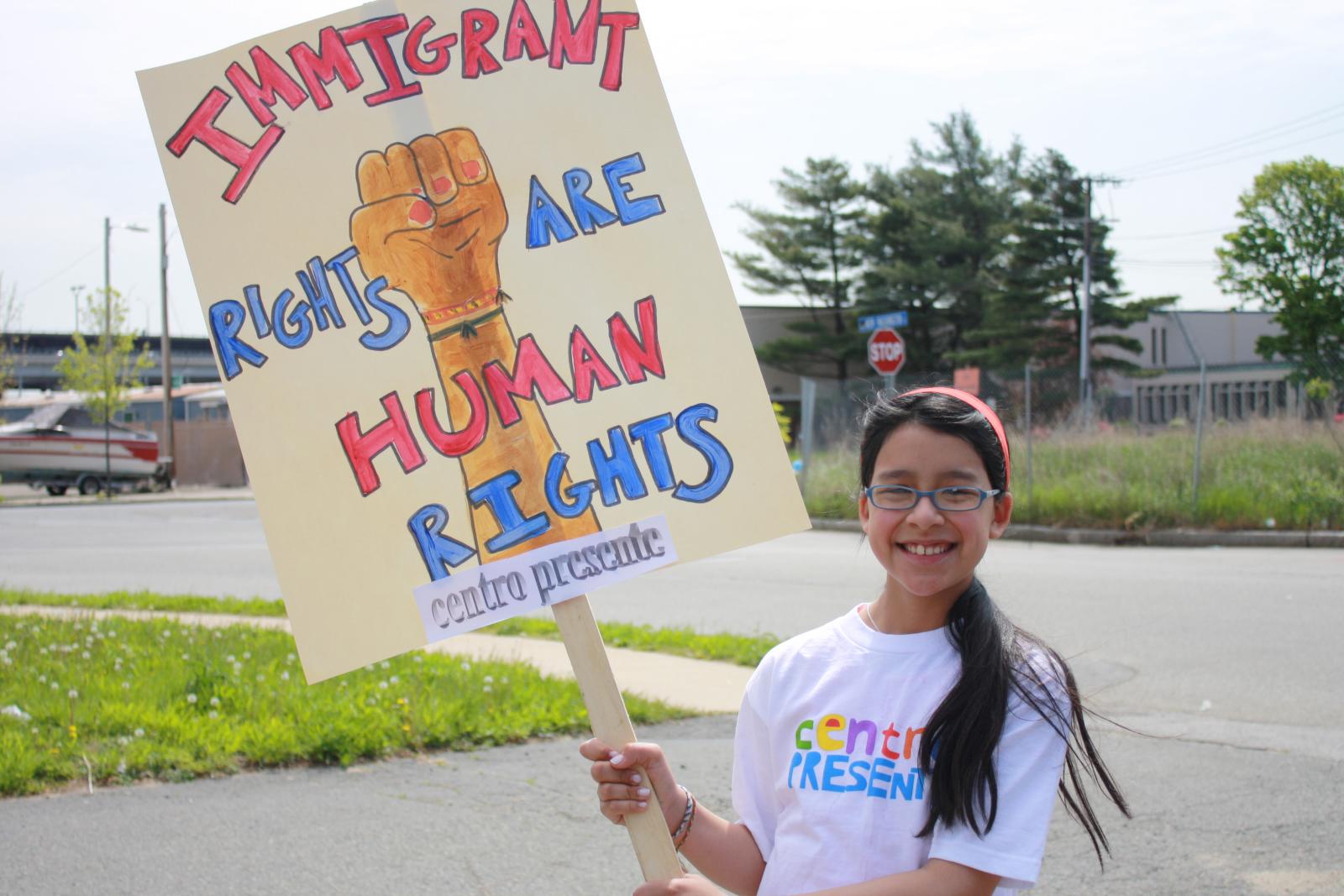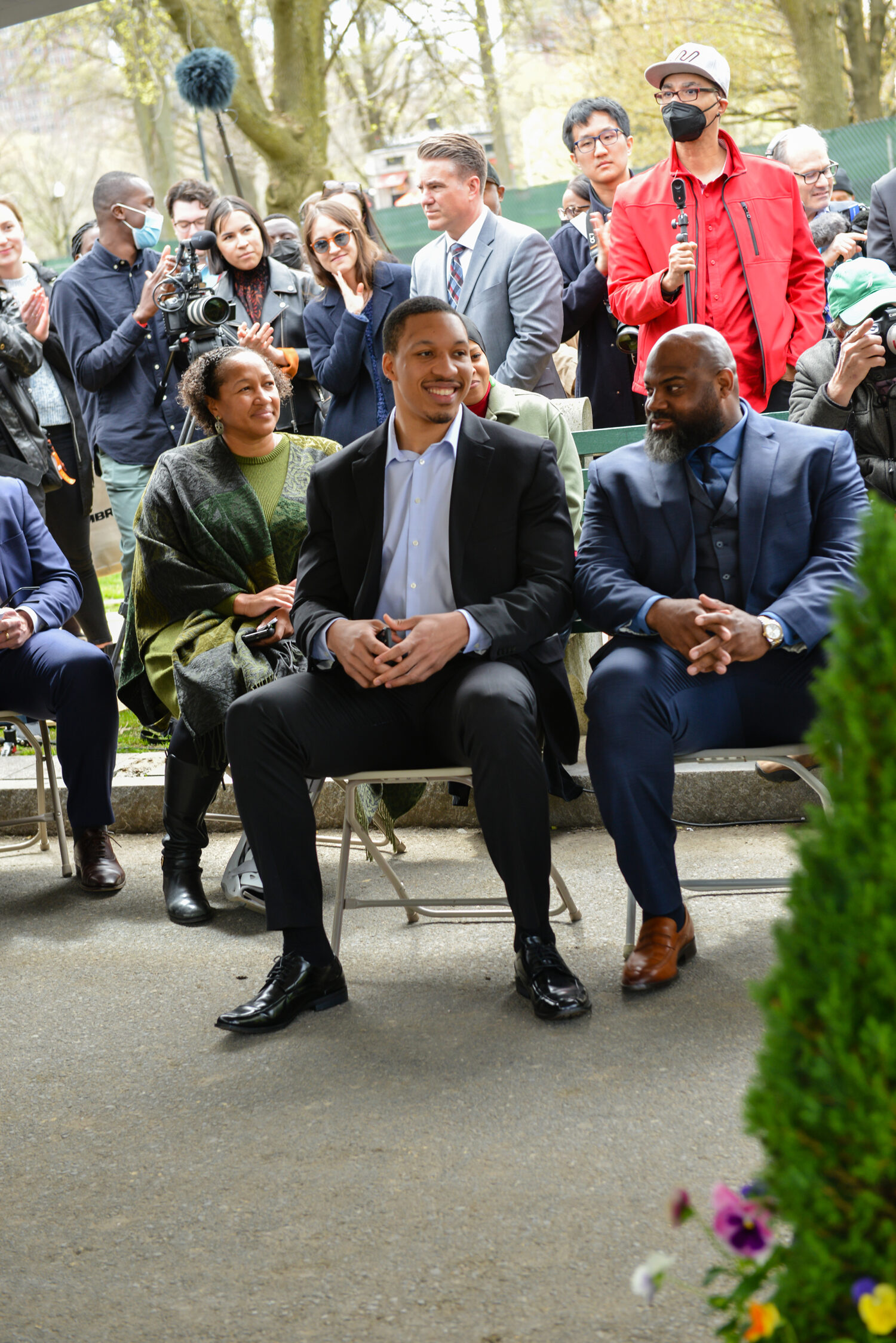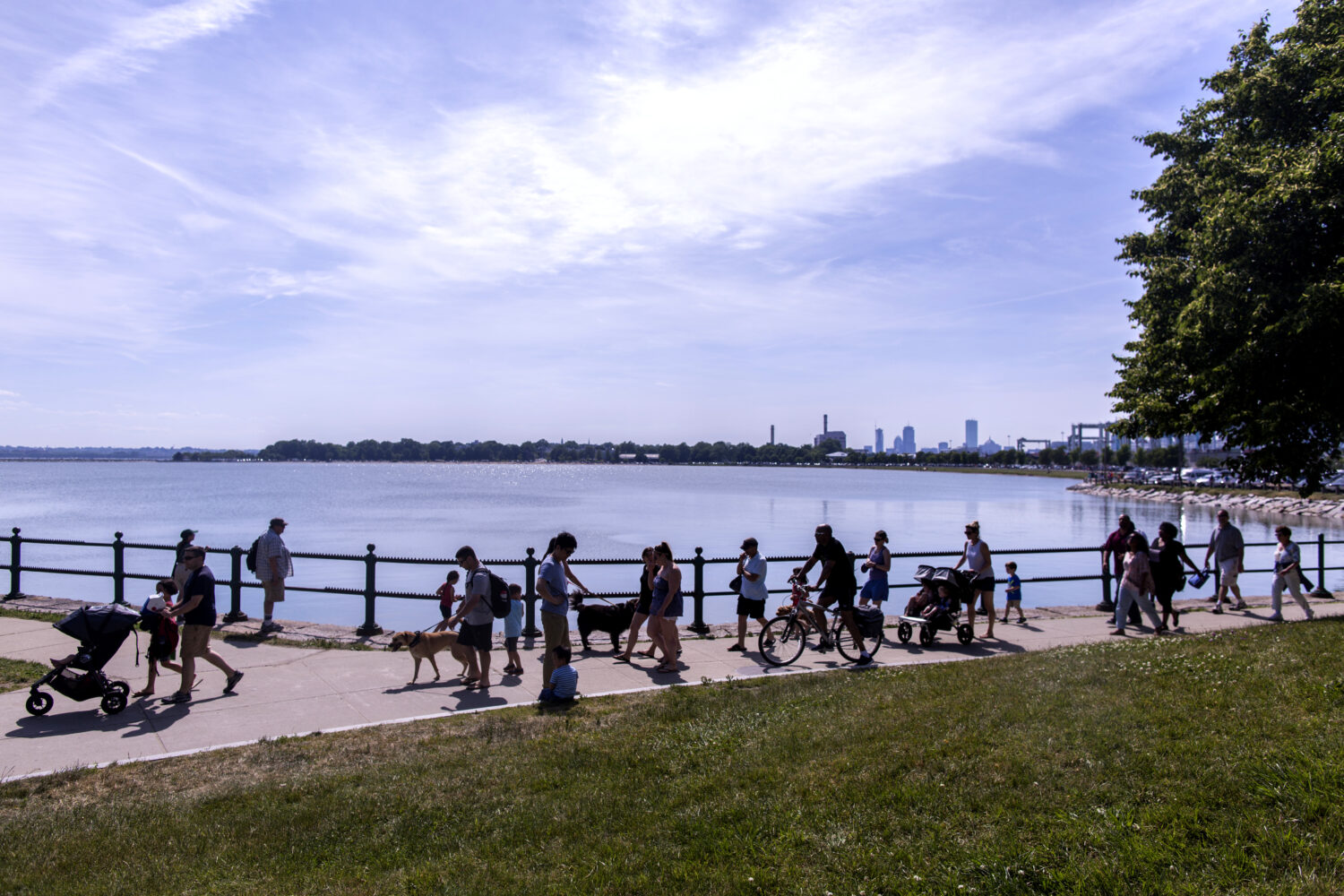At the heart of the Barr Foundation’s mission is the concept of “investing in potential.” This includes efforts to deepen and expand potential, as well as to address barriers that inhibit people and communities from realizing their full potential. As a consequence of the policies, priorities, and rhetoric emanating from Washington, many of our fellow Americans have been targeted and marginalized. This is beyond unacceptable, and it merits a concerted response.
Barr has decided to extend a Special Initiative launched last year to address similar concerns. In 2017, Barr awarded more than $3 million to support investigative journalism and frontline organizations promoting and protecting civil rights in New England communities—especially for immigrants and refugees, Muslims, communities of color, and LGBTQ people. Such organizations were experiencing an unprecedented surge in demand for their services. Unfortunately that need has not abated. In fact, it has grown.
At the same time, the country is preparing for the next decennial census in 2020. This key element of our representative democracy is also a critical data source for decision-making and resource allocations in the public, nonprofit, and business sectors. Communities and advocates are already organizing to counter systemic barriers that have historically led to undercounting people of color, immigrants, young children, and poor people—injustices exacerbated now by underinvestment, untested changes in the process, and fear of government that federal actions and rhetoric continue to fuel.
And so, the Barr Foundation is making a second $3-million commitment to a 2018 Special Initiative to expand this critical work, focusing on two priorities informed by our partners and what we learned during our first year.
Today we are announcing $2 million in grants to the following leading organizations advancing these priorities, as well as a request for proposals:
Priority One: Support civil rights protections for communities in New England threatened by the current political and social environment
Priority Two: Ensure a fair and accurate 2020 Census count in New England
As with our Special Initiative grants last year, these grants consist of multi-year general operating support to provide maximum flexibility to our partners, to ensure stability during this time of change, and to help organizations meet increased demand for their services and engagement.
In addition to awarding this set of grants, Barr is launching a New England Civil Rights Fund, and we are inviting organizations to apply for funding through an open Request for Proposals (RFP). We are issuing this open RFP to ensure that organizations beyond our current networks have an opportunity to introduce themselves to us. Recognizing that fewer philanthropic resources tend to be available outside larger metropolitan regions such as Boston, grants from the Fund will prioritize work beyond Greater Boston.
The New England Civil Rights Fund will provide up to $1 million in grant commitments this year. The full RFP is available here. Proposals are due on July 2.
A perennial challenge in philanthropy is balancing staying power on long-term priorities with sufficient flexibility to adjust to shifting circumstances. Barr’s enduring focus is on Arts & Creativity, Climate, and Education, and we remain committed to that core work. Yet, when our neighbors are under attack, and when policies fuel discrimination and marginalization, we cannot sit idly by.
Though we realize these resources and Barr’s role are limited, we also know that the times demand we all step up, speak out, and push back for what is right and just.




